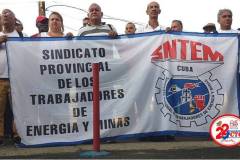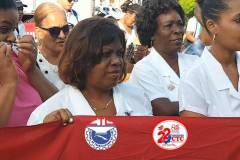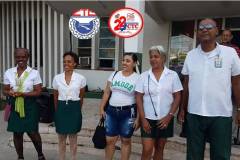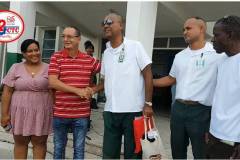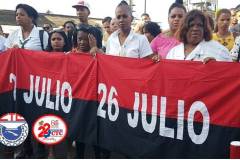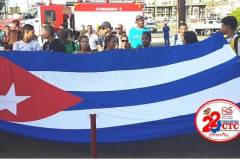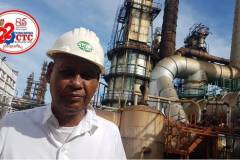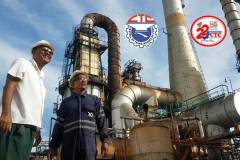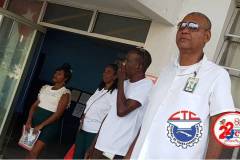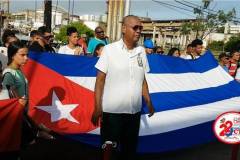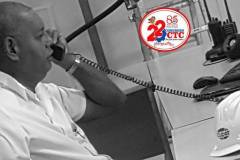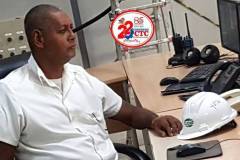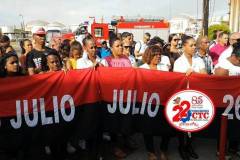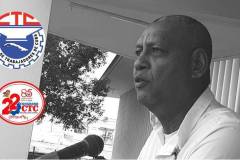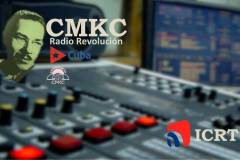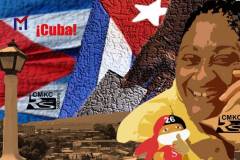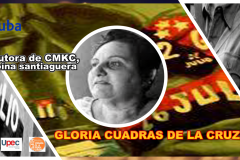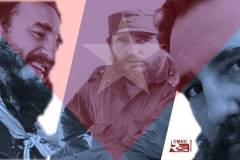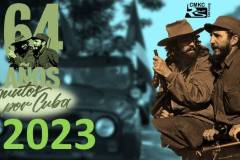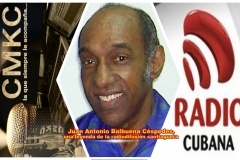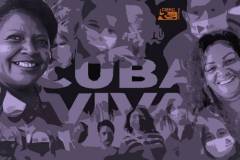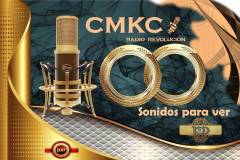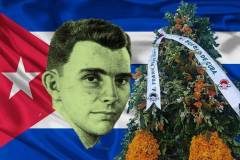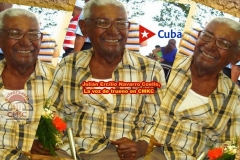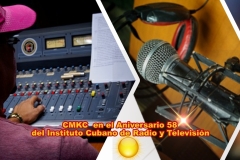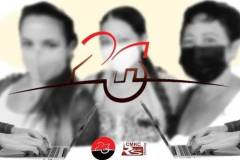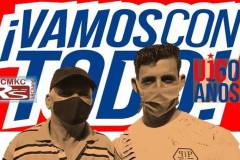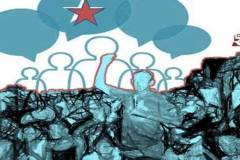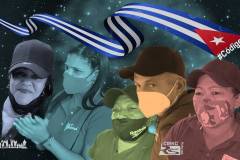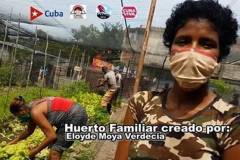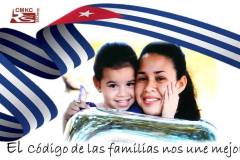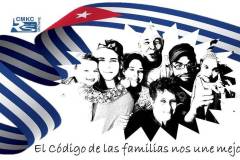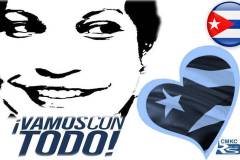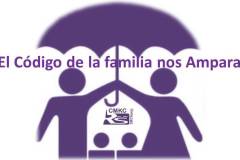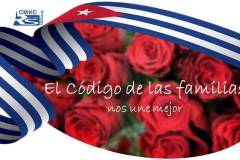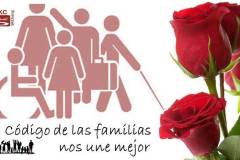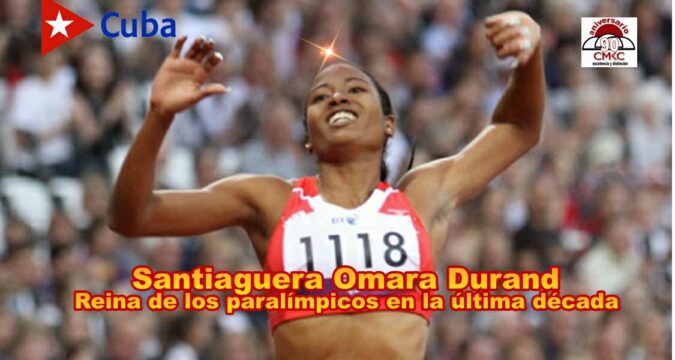
I experienced this first hand with the runner Omara Durand, although I have always seen in her a reflection of the invincible Cuban woman.
Author: Alfonso Nacianceno
Admiring a person from a distance leaves something to be desired in terms of fairly evaluating their value and determination to face life’s challenges. I experienced this first hand with the runner Omara Durand, although I have always seen in her a reflection of the invincible Cuban woman.
A variety of reasons have previously prevented a dialogue, but ironically, it was the currently necessary physical distancing that provided the opportunity to hold this conversation, thanks to the magic of internet.
–You were just beginning training, following the injury to your left leg during the Dubai-2019 World Cup, when the pandemic hit.
–I started training in February, totally recovered, but the COVID-19 epidemic obliged me to change direction. Since then I’ve been doing physical exercise at home to maintain my weight and muscle tone.
I was also affected by the re-scheduling of the Tokyo Para-Olympics, since I was psychologically prepared to perform in optimal athletic condition. I had spent almost three years training to qualify and compete in the event, and now we have to wait.
I’m taking advantage of the good side of everything that has happened, this active rest has given me the opportunity to enjoy my daughter more. It’s been a long time since I’ve been with her and the rest of the family like this. Plus, I’ve had several muscular injuries over the last few years and now I’ve consolidated my recovery, taking good care of my health, in general.”
–Are you looking to repeat the three gold medals you won in Río-2016?
–As soon as training is re-initiated, I will work with maximum dedication and responsibility, to arrive at the event ready to give my best. The medals will come based on the effort I make on the track; I’m not worried, in the least, about my 28 years of age. I have my sights set on making the sound of Cuba’s national anthem fill the stadium several times, as our flag is raised.
–It looks like the schedule for the Para-Olympic Games will oblige you to compete in seven races over the course of about a week.
–I train hard, since I will take on several races in the 100, 200, and 400 meters.
But the touch that allows me to emerge victorious in the three distances is contributed by my coach Miriam Ferrer, a very talented professional.
–What thoughts fill your mind as you step up to the starting block?
–At that moment, there’s no time to think, I just concentrate on hearing the shot and running with precision.
–What is the difference between training for the 100 meters and the 400?
–Both are speed events, but the 400 also requires working on building endurance at a high speed, while for the 100, the work is focused solely on speed. Miriam makes plans to work on all of this, at the same time, during the week, and, in reality, it’s not difficult.
–During the intense days of competition, how many hours do you rest?
–On many occasions, I’ve faced two races on the same day, making rest minimal, but at the end of the day, I try to sleep eight hours, to relax.
–Have you considered trying the 800 meters or the 1,500?
–These events are so long that I see this as a remote possibility. I have never practiced them, and won’t. I’ll only go as far as the 400 meters; for me, that’s a lot. (Adding a smile.)
–How is your relationship with your guide Yuniol Kindelán?
–At the beginning of training together we had to work on coordinating the movement of our arms and legs, but we got over that with no problem, although it took a great deal of insistence. It is a very nice relationship. We have worked together five years; we have chemistry and cohesion. I am grateful to Miriam Ferrer for bringing Yuniol into my life.
–Who are the members of your household?
–I have a beautiful family, unconditional. My mother Adis, my brother Osmany, my husband Noleysis, and our little girl, Ericka, living together, they are always focused on ensuring that I devote the greatest part of my time to sports. They take on all the worries and make sure I keep to my rest schedule.
–How do you describe yourself?
— I am a faithful servant of the Revolution, of sports and the people of Cuba.
–What are your sentiments with respect to this people that thinks so much of you?
–I am eternally grateful and committed to the Cuban people. I will always honorably represent the homeland. I will continue doing my best on the track, to produce good results and offer them many moments of happiness.
IMPORTANT ACCOMPLISHMENTS TO HER CREDIT
Omara Durand was born November 26, 1991, in Santiago de Cuba.
–Two gold medals (100 and 400 meters) in the London Para-Olympic Games of 2012, in the T-13 category, visual debility.
— Three gold medals (100, 200 and 400 meters) in the Río de Janeiro-2016 Para-Olympic Games, in the T-12 category, débil visual profundo.
–Victorious in the World Championships, most recently in Dubai-2019, in the United Arab Emirates, in the T-12 category, with a time of 23.57 seconds in the 200 meters, the best time of the year. She likewise dominated the 100 meters (11.66 seconds) and the 400 (52.85), to remain undefeated in these events since Christchurch, New Zeland-2011. She also won three gold medals in the World Championships of Doha, Qatar-2015, and London-2017.
–Holder of personal records of 11.40 seconds in the hectometer; 23.03 in the 200 meters, and 51.77 in the 400.
–Took the honors in all three distances at the Lima-2019 Para Pan American Games.

